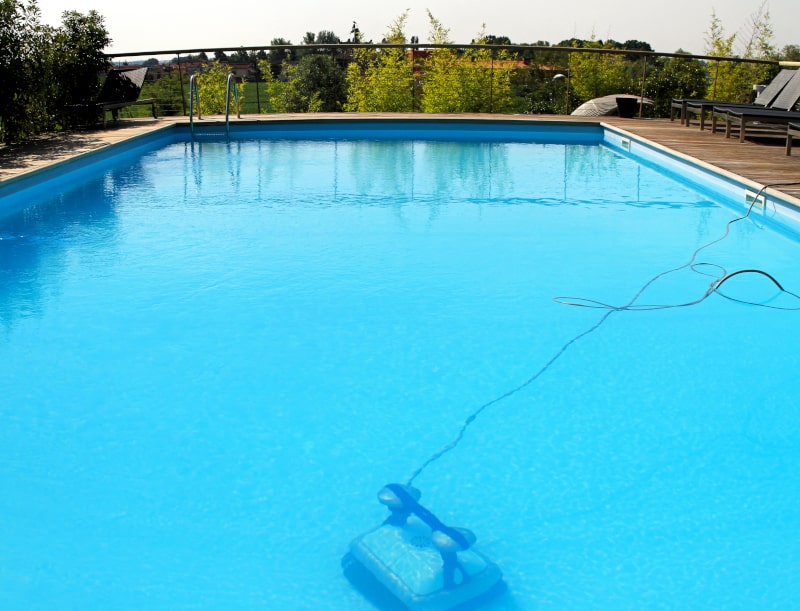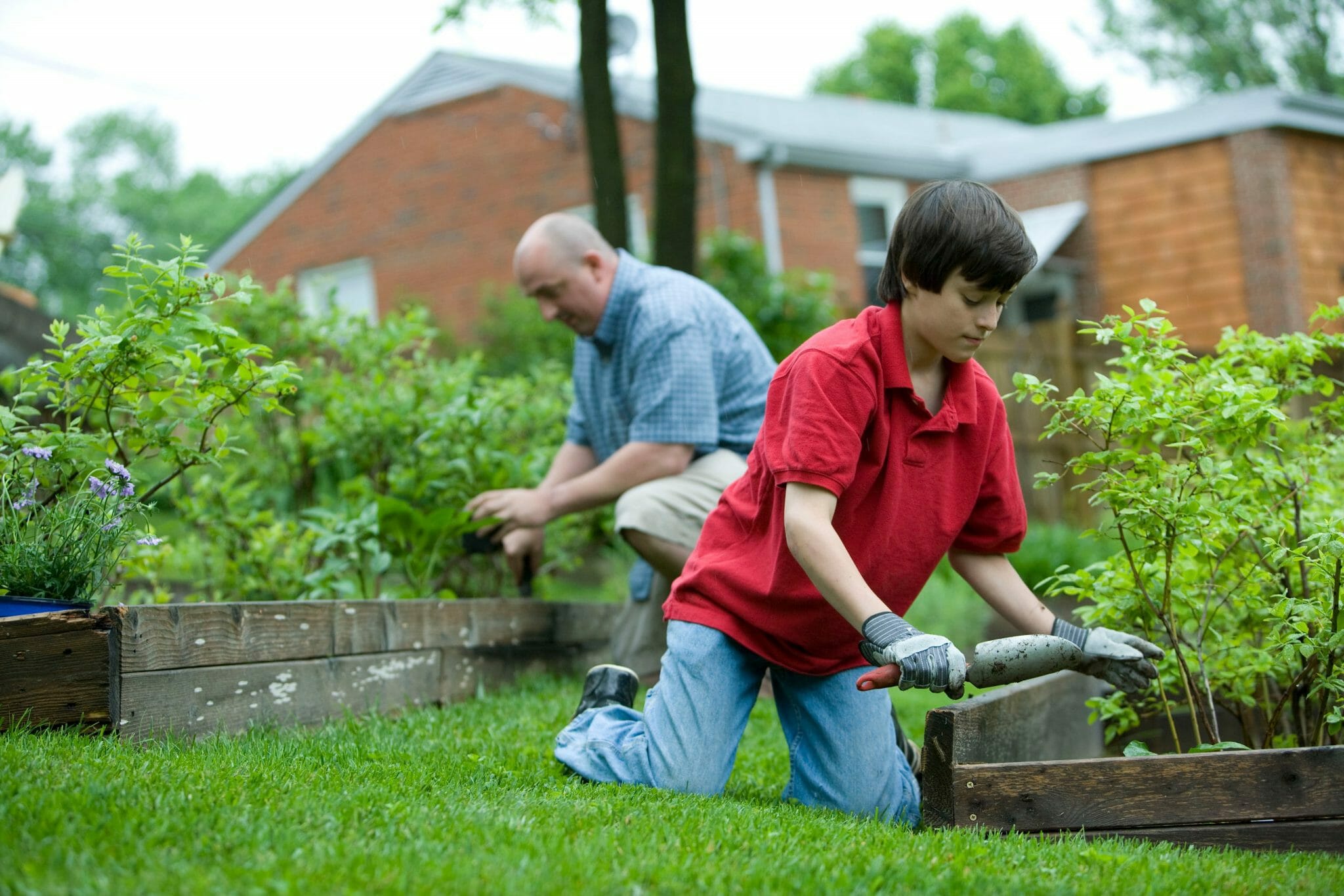What To Know
- Actually, the purpose of the salt in a saltwater pool is to create chlorine through a process called electrolysis.
- The best way to clean a pool is to add chemicals, scrub, and vacuum the walls.
The pool is the best place to hang out in the summer. Of course, you want to keep the water clean and safe to swim in, you must maintain your pool regularly throughout the year. Here are 8 pool cleaning myths you might have heard.
- Clear water is clean water. Clear water only indicates a lack of algae growth. Plenty of microbes or bacteria could still be residing in the pool, even if the water is clear.
- A chemical smell means the water is clean. That classic swimming pool smell isn’t actually chlorine. What you smell are chloramines, byproducts of chlorine that form when this chemical binds to contaminants in the pool. Therefore, a stronger smell often indicates dirtier water.
- Red eyes mean there’s too much chlorine. No, it means there are too many chloramines. If all the chlorine has bound to contaminants and turned into irritating chloramines, you need to add more chlorine to keep the water sanitary.
- Chlorine kills germs on contact. Yes, chlorine kills germs, but it takes time. Even in pools with ideal pH and disinfectant levels, most germs take hours to die. The microscopic parasite called Cryptosporidium can survive for days.
- It doesn’t matter what time of day you add pool chemicals. The sun’s UV rays can reduce the effectiveness of chlorine. That’s why the night time is the best time to add pool chemicals.
- Pool water can’t make you sick. If your pool is short on chlorine or has an improper pH balance, microbes such as Cryptosporidium, Pseudomonas, Shigella, Legionella, norovirus, and E. coli can survive for an extended time. Swallowing pool water contaminated with these microbes can cause diarrhea, ear infections, respiratory infections, and other recreational water illnesses.
- A saltwater pool is a chlorine-free pool. Actually, the purpose of the salt in a saltwater pool is to create chlorine through a process called electrolysis. You also need to occasionally shock a saltwater pool by adding chlorine to sanitize the water and prevent algae.
- The best way to clean a pool is to drain it. It is expensive to replace all that water, also draining a pool can cause structural damage. The best way to clean a pool is to add chemicals, scrub, and vacuum the walls.
This article was written by Shane the owner of The Pool Dudes. The Pool Dudes is a full-service pool cleaning company. Our mission is to provide South Florida with not only the best quality pool cleaning but also top-notch customer service. We understand that your pool is your oasis and is extremely important to your home or business. If you are looking for pool cleaning in Fort Lauderdale then contact us today!





